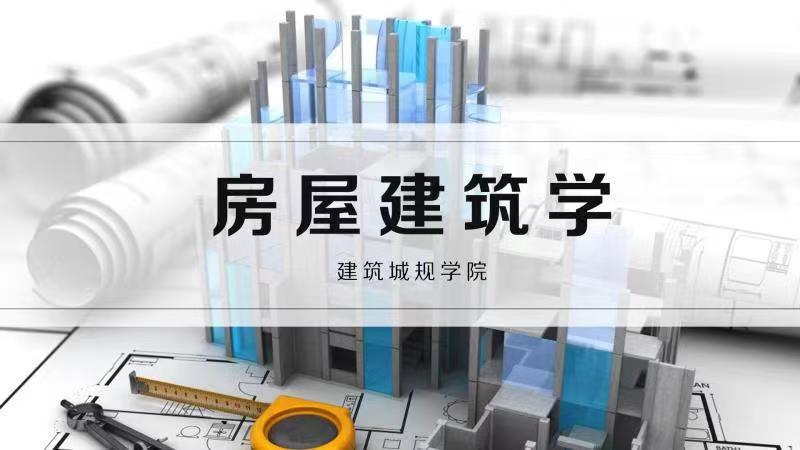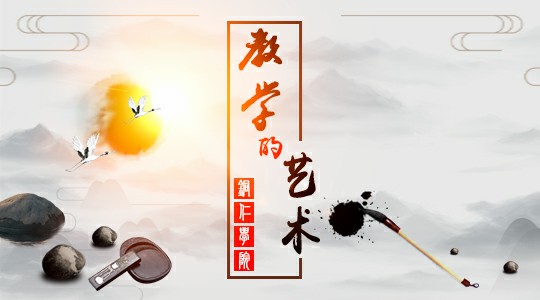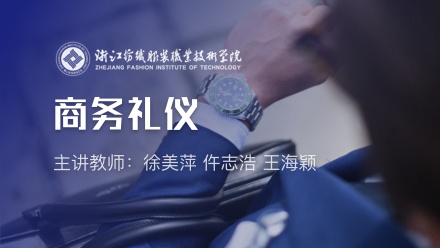
当前课程知识点:Introducing China In English > Unit 7 Chinese Cheongsam > 7.5 Seminar > 7.5 Seminar
返回《Introducing China In English》慕课在线视频课程列表
返回《Introducing China In English》慕课在线视频列表
-1.1 Introduction
-1.2 Confucius and His Conception of ren
--1.2 Confucius and His Conception of Ren
-1.3 From Behavior Cultivation to Social Order
--1.3 From Behavior Cultivation to Social Order
-1.4 Confucian Thought on li
-1.5 Seminar
-Exercises
-2.1 Introduction
-2.2 Dao: The Origin of Everything
--2.2 Dao: The Origin of Everything
-2.3 Reversion: the fundamental principle in the law of nature
--2.3 Reversion: the fundamental principle in the law of nature
-2.4 Paradoxical expressions
-2.5 Comparison between Laozi and Confucius
--2.5 Comparison between Laozi and Confucius
-Exercises
-3.1 Introduction
-3.2 The Origin of Chinese Characters
--3.2 The Origin of Chinese Characters
-3.3 The Six Major Stages in the Development of Chinese Characters
--3.3 The Six Major Stages in the Development of Chinese Characters
-3.4 The Conformation of Chinese Characters
--3.4 The Conformation of Chinese Characters
-3.5 The Characteristics of Chinese Characters
--3.5 The Characteristics of Chinese Characters
-3.6 Seminar
-Exercises
-4.1 Introduction
-4.2 Lunar Calendar and Solar Calendar
--4.2 Lunar Calendar and Solar Calendar
-4.3 The First Biggest Festival: Spring Festival
--4.3 The First Biggest Festival: Spring Festival
-4.4 The Second Biggest Festival: Mid-Autumn Day
--4.4 The Second Biggest Festival: Mid-Autumn Day
-4.5 Contrast and Comparison
-4.6 Seminar
-Exercises
-5.1 Introduction
-5.2 Rich Chinese Food Culture
--5.2 Rich Chinese Food Culture
-5.3 Balanced Diet
-5.4 The Chinese Palates
-5.5 Eight Cuisines
-5.6 Seminar
-Exercises
-6.1 Introduction
-6.2 Engagement
-6.3 Preparation
-6.4 Wedding Day
-6.5 Post-wedding Ceremonies
-6.6 Seminar
-Exercises
-7.1 Introduction
-7.2 Origin of Cheongsam
-7.3 Evolution of Cheongsam
-7.4 Design of Cheongsam and Its Cultural Connotation and Aesthetic Thoughts
--7.4 Design of Cheongsam and Its Cultural Connotation and Aesthetic Thoughts
-7.5 Seminar
-Exercises
-8.1 Introduction
-8.2 History of Chinese Paper Cutting
--8.2 History of Chinese Paper Cutting
-8.3 Artistic Features of Chinese Paper Cutting
--8.3 Artistic Features of Chinese Paper Cutting
-8.4 Cultural Values of Chinese Paper Cutting
--8.4 Cultural Values of Chinese Paper Cutting
-8.5 Seminar
-Exercises
-9.1 Introduction
-9.2 The Literal Meaning
-9.3 The Architectural Layout: Two Courts
--9.3 The Architectural Layout: Two Courts
-9.4 The Architectural Layout and the Traditional Rituals
--9.4 The Architectural Layout and the Traditional Rituals
-9.5 The Mythological Animals on the Eaves
--9.5 The Mythological Animals on the Eaves
-9.6 Seminar
-Exercises
-10.1 Introduction
-10.2 Roof Styles
-10.3 Width and Depth
-10.4 Eight Trigrams
-10.5 Five Elements
-10.6 Yin and Yang
-10.7 Chinese Architectural Wisdom
--10.7 Chinese Architectural Wisdom
-10.8 Dragon as a Cultural Symbol
--10.8 Dragon as a Cultural Symbol
-10.9 Seminar
-Exercises
-11.1 Introduction
-11.2 The Historical Development of Peking Opera
--11.2 The Historical Development of Peking Opera
-11.3 The Four Major Roles of Peking Opera
--11.3 The Four Major Roles of Peking Opera
-11.4 The Facial Makeup of Peking Opera
--11.4 The Facial Makeup of Peking Opera
-11.5 Seminar
-Exercises
-12.1 Introduction
-12.2 Principles and Philosophical Bases of TCM Treatment
--12.2 Principles and Philosophical Bases of TCM Treatment
-12.3 Qi and Meridians
-12.4 TCM Healing Modalities
-Exercises
-13.1 Introduction
-13.2 The Historical Development of Chinese Painting
--13.2 The Historical Development of Chinese painting
-13.3 The Characteristics of Chinese Painting
--13.3 The Characteristics of Chinese Painting
-13.4 The Influential Painters and Their Masterpieces
--13.4 The Influential Painters and Their Masterpieces
-Exercises
-14.1 Introduction
-14.2 The Principles and Characteristics of Chinese Kung Fu
--14.2 The Principles and Characteristics of Chinese Kung Fu
-14.3 The Schools of Chinese Kung Fu
--14.3 The Schools of Chinese Kung Fu
-14.4 The Fist Fighting Techniques of Chinese Kung Fu
--14.4 The Fist Fighting Techniques of Chinese Kung Fu
-Exercises




